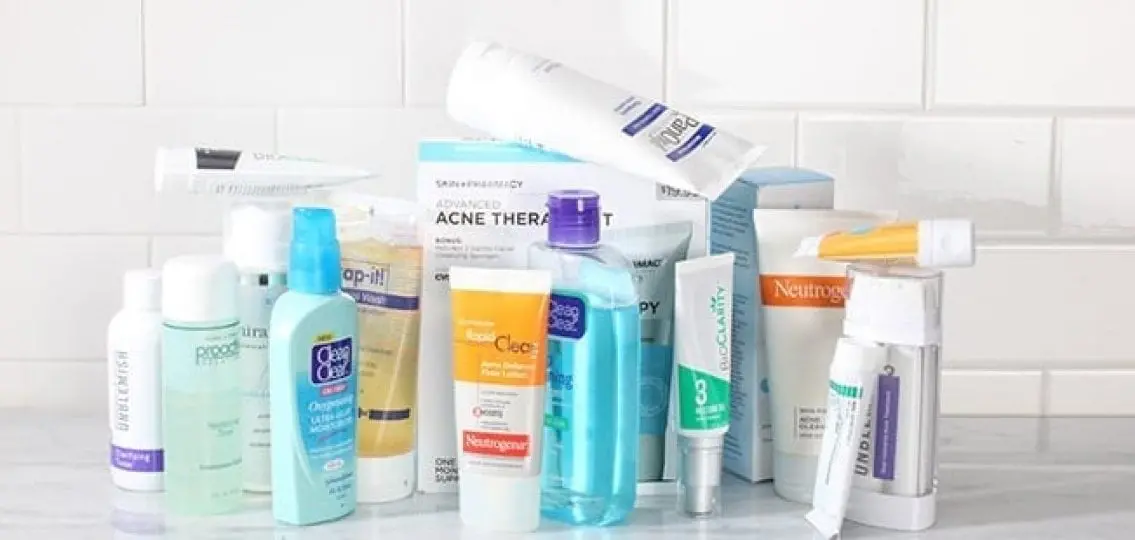Acne is one of the many challenges of being an adolescent. What should your teenager know about basic skin care, and what’s the best way to treat teens with acne? Your Teen turned to Dr. Angela Lamb, Director of the Mount Sinai Hospital Dermatology Practice, to get some answers.
Q: When does acne start? At what age does acne typically begin to surface in teens?
Lamb: Generally, acne begins with the onset of puberty. In girls, it begins usually within 6-12 months of their first period—which is generally around age 11-12, but I will occasionally see patients as young as 9. With boys, it is usually a little later. We know through research that acne and genetics are closely related. Studies indicate that over 90 percent of acne is inherited, meaning that one of the patient’s parents had acne as an adolescent. It is very unusual to see a patient with severe acne whose parents did not also have acne when they were younger.
Q: When should a patient with acne see a dermatologist?
Lamb: We recommend that teens with acne see a dermatologist as soon as possible. The biggest danger posed by acne is scarring. Some patients are more susceptible to scarring than others, depending upon genetics and the level of collagen and fiber in the skin. Certain racial groups are also more susceptible to developing pitting in the skin. Once you develop those indented scars or pits, there is very little that we can do to erase them.
Teens with Acne
Q: What is the normal course of treatment for teens with acne?
Lamb: I will begin with gentle cleansers and work up to stronger options. I will prescribe topical antibiotics and retinoids to prevent oil from building up in the pores. If a patient does not respond within 2-3 months, then we may try a low-dose oral antibiotic.
For teens with acne that is severe, which can be devastating to a patient’s self-esteem, there are medications such as Accutane that are very effective and life-changing. People are sometimes scared by the warnings of depression as a potential side effect, but in my experience severe acne can cause depression, too, and Accutane can actually help with depression because it clears the acne.
Q: What is the best way to wash your face?
Lamb: With consistency — once in the morning and once at night. Use cleanser on the face and water on the hands. I’m not a big fan of washcloths because they can trap dirt and bacteria and re-introduce it onto the skin. Motorized brush heads such as Clarisonic can also be very effective and keep you from exposing your skin again to bacteria, if you rinse the brushes after use.
As for specific cleansers, the products you use should vary with your skin type. For oily or acne-prone skin, I recommend using a foaming cleanser. CeraVe makes a very nice oil-control foaming cleanser for normal to oily skin. For dryer skin, use a more lotion-based cleansing product to add moisture. CeraVe also makes a hydrating facial cleanser that I recommend for dry skin. Cetaphil also makes a good moisturizing cleanser for those with dry skin.
Q: Do you recommend exfoliants or toners in addition to a cleanser?
Lamb: You want to avoid layering too many products on your skin. In an effort to combat oil, some teens with oily or acne-prone skin will use a cleanser, some kind of exfoliant with beads or scrubbing action, and then a toner or astringent on top of that. All of those products in combination are much too harsh. Your skin needs some natural oils to function as a barrier and to retain moisture. If you strip too much of the skin’s natural oils, your skin will actually overcompensate by producing even more oil. If you have that tight feeling, you may be using too harsh of a product.
Q: Do you recommend using a moisturizer with sunscreen?
Lamb: If you have oily skin, be very careful about using any heavy moisturizers on your face. Nothing cream-based because it is too heavy. Instead, use a light lotion-based product made specifically for the face. Never use products made for anything below the neck on your face.
By the time you are 12 or 13, you are old enough to make wearing sunscreen part of your daily routine (without your parent doing it for you) if you are going to be outside for more than 5 or 10 minutes. Again, make sure you are using a lotion formulated for the face, not the thicker lotions for use on the rest of your body. Find a facial moisturizer that is oil-free and has sunscreen. Cetaphil makes a facial moisturizer that is oil-free and has an SPF of 30 that works well.
Q: Do you recommend birth control pills for teen girls to treat acne?
Lamb: The pill can be useful in some cases, but it really isn’t a panacea.
Q: It can be tempting to pop your pimples. Should you?
Lamb: You should really try to leave it alone. Apply a topical medication with benzoyl peroxide or salicylic acid.
Q: What should a teen do for back-ne?
Lamb: I recommend the same medications as for facial acne. It’s also very important to change out of your sweaty exercise clothes and shower as soon as possible.
Q: Does your diet or nutrition cause acne?
Lamb: There is research to indicate that two food groups may impact acne: (1) low fat dairy and (2) high-glycemic foods such as white bread or white pasta, or foods with high sugar content. But I have seen dairy-free vegans with terrible skin, and junk-food-only kids with beautiful skin. As I mentioned before, acne has a very strong genetic component.




